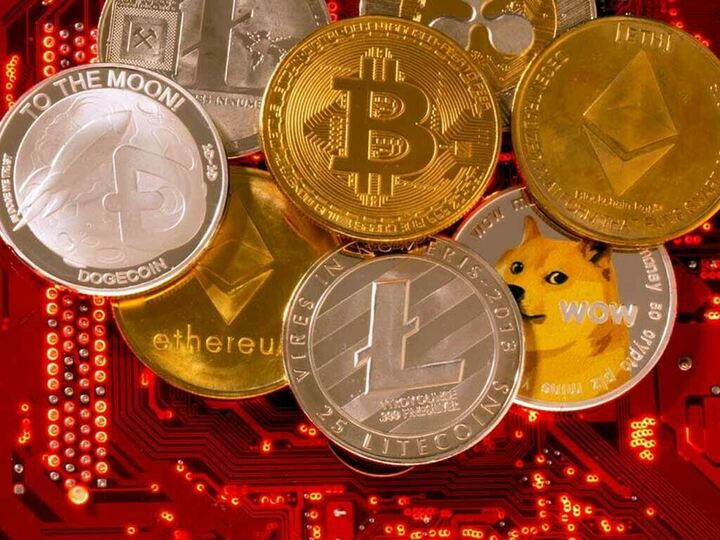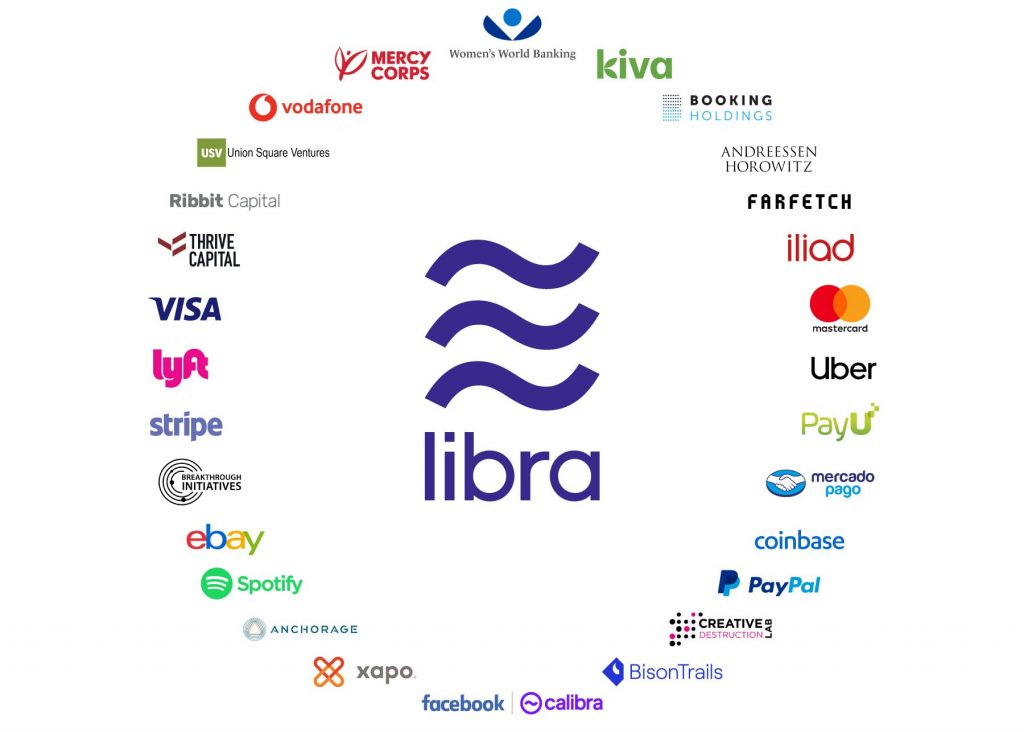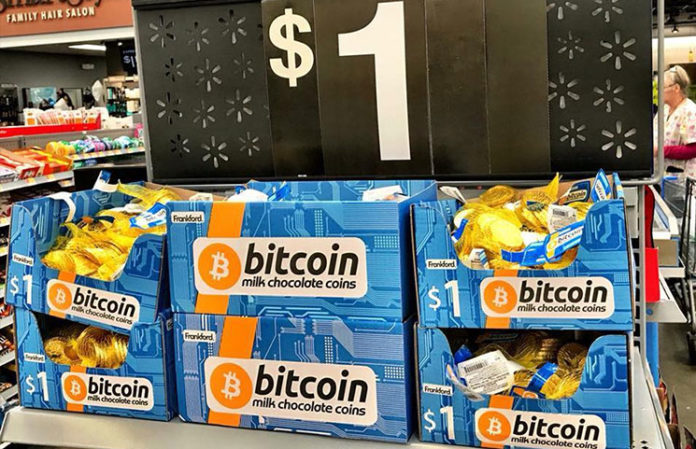Singapore Plans More Rules to Curb Retail Crypto Speculation

I am a law graduate from NLU Lucknow. I have a flair for creative writing and hence in my free time work as a freelance content writer.

I am a law graduate from NLU Lucknow. I have a flair for creative writing and hence in my free time work as a freelance content writer.
Shares of crypto and blockchain-related companies faced a downward trend in premarket trading on Tuesday as bitcoin, the leading cryptocurrency, experienced a significant slump, hitting a six-week low. The bearish sentiment followed news of a hack at Curve Finance, a prominent platform utilized for borrowing and trading cryptocurrencies.

Bitcoin, which commands the lion’s share of the cryptocurrency market, witnessed a 2% drop, tumbling to $28,870 in value. The market reaction was swift and widespread, affecting a range of crypto-related businesses and platforms.
Curve Finance, a decentralized finance (DeFi) protocol that enables users to lend, borrow, and trade cryptocurrencies, revealed on Sunday that it had fallen victim to a malicious hack. The company disclosed the security breach on the messaging platform “X” (formerly known as Twitter). Reports suggest that the losses from the hack could exceed $40 million, casting a shadow over the broader crypto industry.
In response to the turmoil, major players in the crypto space experienced significant declines in their stock prices during premarket trading. Coinbase, a prominent cryptocurrency exchange, saw its stock dip by 3.1%, while Bitfarms, a blockchain-farm operator, experienced a 1.1% drop in its shares.
Also Read: Bosch opens chip test center in Malaysia
Crypto miners also suffered from the downturn, with companies like Riot Platforms, Marathon Digital, and Hut 8 Mining (the U.S.-listed shares of a Canadian crypto mining firm) all experiencing declines ranging from 3% to 3.35%.
Beyond individual company woes, the broader crypto industry faces additional challenges on the regulatory front. Two of the largest players in the sector, Binance, and Coinbase, are currently under scrutiny from the U.S. Securities and Exchange Commission (SEC). The regulatory uncertainty surrounding these platforms has added to the market’s anxiety, leading to a cautious approach from investors.
Moreover, the recent interest rate hikes implemented by the U.S. Federal Reserve have exerted additional pressure on risky assets, including cryptocurrencies. As the Fed tightens its monetary policy to curb inflationary pressures, investors have become increasingly wary of the high volatility and speculative nature of the crypto market.
Overall, the crypto industry finds itself at a crucial juncture, grappling with both internal and external challenges. The recent hack at Curve Finance has underscored the importance of strengthening security measures and risk management protocols across all crypto platforms. Additionally, regulatory scrutiny and macroeconomic factors continue to play a significant role in shaping investor sentiment in the market.
As the situation unfolds, market participants are likely to closely monitor developments in the ongoing investigations involving Binance and Coinbase. Furthermore, any future actions taken by central banks and regulatory bodies could have far-reaching implications for the crypto space as it seeks to find stability amidst a volatile market environment.

I am a law graduate from NLU Lucknow. I have a flair for creative writing and hence in my free time work as a freelance content writer.
MetaMask, a cryptocurrency exchange, recently announced that it will soon begin airdropping its own cryptocurrency, $MASK, into the wallets of its existing users. As a result of the news, a rumored fake MetaMask token appeared on the crypto market, and it was quickly available for trading on the Uniswap platform. This MetaMask token, which is based on the Ethereum blockchain, reportedly increased by 2,600% in a short period of time. The sale was locked as soon as the fake tokens worth $1 million were sold, raising suspicions of a rug-pull scam.
The scam, which preyed on traders’ eagerness for a MetaMask wallet token, took advantage of a flaw in the popular DEXTools trading app to persuade users of the token’s legitimacy. A scammer was able to inject code into the DEXTools app front end for the Uniswap WETH/MASK pair, causing a pop-up to appear telling users that the MASK token had been verified when they viewed it.
Unsuspecting users were unable to sell the fake MASK token after purchasing it. This type of scam is known as a “honeypot,” because it allows users to enter only to discover that the smart contract that governs the token’s interactions prevents them from selling.

The scammer appears to have programmed the smart contract for the fake MetaMask token to prevent holders from selling until it has received upwards of $1 million in liquidity. According to transaction data from Etherscan, the scammer took 475 ETH from the token’s Uniswap liquidity pool, worth $1.79 million at press time. The ill-gotten gains were sent to Tornado Cash, a popular coin mixing app, and then laundered to a separate wallet.
The MASK token was first reported as a scam on Twitter Monday evening, with several accounts warning that it was a scam despite a pop-up on DEXTools claiming it was legitimate. Since then, Twitter user @cobynft has detailed how the scam worked, claiming that it was the DEXTools app developers’ “serious fault” that allowed the scam to convince so many people to buy the tokens. DexTools has yet to respond to questions about its role in the platform’s inability to prevent cybercriminals from abusing it.
The current anticipation for a legitimate MetaMask token is another reason why the MetaMask token scam was so successful. The MetaMask team has hinted at issuing a token to decentralize the popular EVM wallet, with many speculating that it could be done via an airdrop.
The MetaMask token scam is the third major crypto-fraud to hit the market this holiday season. MetaSwapMGAS, a Binance Smart Chain project, allegedly stole 1,100 BNB from users on Sunday. Another Ethereum project, MetaDAO, appears to have pulled a rug over its investors yesterday, stealing 800 ETH worth over $3.2 million. According to a recent report by research firm Chainalysis, scammers cheated crypto investors out of $7.7 billion this year. According to the report, the classic rug pull was the most common type of scam. Rug pulls are common in DeFi because it’s cheap and easy to create new tokens on the blockchain and get them listed on decentralized exchanges (DEXes) without a code audit if you have the right technical knowledge.
In November, investors in a new cryptocurrency called “Squidgame Cash” or “SQUID,” which was inspired by the Netflix series Squid Games, were reported to have had their “rug pulled” after the token crashed 99.99 percent overnight. This project is thought to have netted the scammers around $3.3 million. The case’s investigation is still ongoing.
Cases of crypto-focused cybercrime are on the rise in tandem with the global crypto expansion. The Federal Bureau of Investigation (FBI) in the United States said earlier this month that cyber scammers are duping people out of their assets by making them use physical cryptocurrency ATMs and digital QR codes to complete malicious transactions. To avoid being scammed, Hyderabad Police recently issued a warning to investors about transferring assets into unknown, unauthorized wallets.
Only over ten days ago, an article from ‘The Information’ talked about Facebook’s rumoured cryptocurrency project, ‘Libra’, and today, the company has come out in open to announce that it will be launching its own cryptocurrency by the first half of 2020.
The biggest social network company, Facebook Inc., revealed on Tuesday, that it is ready to launch its cryptocurrency in 2020, in order to move its focus from social media to eCommerce and online payments.

The company reported that the new cryptocurrency won’t be a speculative asset, like Bitcoin or the other major cryptocurrencies, but will be a type of digital currency, as stable as the dollar, that people will be able to use for normal expenditures or to transfer money globally.
According to one of the spokespersons from Facebook, the company aims to establish Libra as the first mainstream cryptocurrency, by offering people to pay for online as well as offline services through it. In the beginning, Libra will support online money transfer for the countries that lack traditional banking facilities. And, after some time, it will be used for day-to-day transactions.
Along with the cryptocurrency, the company is also working on its subsidiary, Calibra, a digital wallet, that will be used for the online transactions through the cryptocurrency. According to the company, Libra will be backed by the reserve of assets. Also, the new cryptocurrency will have its own new blockchain platform.
Facebook is excited about Libra but has also got the regulatory concerns. It has been facing backlashes from its users and the regulatory authorities due to the data breaches alligations it holds. A cryptocurrency from a company which has been responsible for these hacks and breaches is quite questionable for the lawmakers and the regulators.
The company has already in talks with the regulators in the United States, Europe and from the other countries, about the launch of its own cryptocurrency. And, these regulators are also going in depth of the announced project from Facebook to get to know more about it. Since it is not purely a cryptocurrency, many of these regularities doubt its privacy.
Facebook revealed that it has partnered with the Geneva-based association Libra for the development of its cryptocurrency. The organisation have been founded by some major companies from around the world, including Mastercard, Visa, PayPal, Stripe, eBay, Uber, Lyft, Spotify, Coinbase, Xapo, Andreessen Horowitz, Union Square Ventures, Mercy Corps, and Women’s World Banking, along with Facebook. So these companies will also be playing a crucial role in decisions to be taken for Libra.

Yashica is a Software Engineer turned Content Writer, who loves to write on social causes and expertise in writing technical stuff. She loves to watch movies and explore new places. She believes that you need to live once before you die. So experimenting with her life and career choices, she is trying to live her life to the fullest.
Cryptocurrency is the current hot topic, and how, one of the biggest tech giant, Facebook, could resist itself from trying its hands on cryptocurrency. Though it has already developed its own Blockchain platform, now after much of rumours, finally, the company is prepping up to introduce its own cryptocurrency, GlobalCoin, this month.
Reported by The Information, Facebook is working on its first cryptocurrency project, ‘Libra’, that will bring a digital currency that would work internationally, providing the Facebook users with the facility to make purchases and transfer money across the borders, online.
Facebook, initially, will be using those crypto tokens to pay the employees working on Libra projects, if they choose tokens over fiat currency for the payments. Also, it will be the marketplace of the developing countries that Facebook will be targeting with its new cryptocurrency. It will also be offering bonuses for those merchants who would adopt Facebook’s digital currency for their transactions. The crypto from Facebook will also be integrated to use with Facebook’s other arms, like WhatsApp and Facebook Messenger, etc.
Facebook is already working towards integrating eCommerce to its current ventures, and in F8, its annual tech conference, the company introduced new eCommerce features, like users’ ability to buy goods directly from their favourite influencers, businesses to put up their product catalogues on WhatsApp, and letting the Facebook marketplace sellers ship their products through the Facebook app. Now, as Facebook is to bring its own cryptocurrency, this can be another move for the company in the same regard.
The company will charge the third party marketers with a fee of $10 million for the licensing to run a node for the GlobalCoin network. The company is planning to test the crypto at a global level by the end of 2018, and it will be launching the same, in 2020, in a dozen selected countries.

Yashica is a Software Engineer turned Content Writer, who loves to write on social causes and expertise in writing technical stuff. She loves to watch movies and explore new places. She believes that you need to live once before you die. So experimenting with her life and career choices, she is trying to live her life to the fullest.

According to a post, by TheKayleMain, in The CryptoCurrency subreddit, Walmart is planning to sell a set of six BitCoins for just $1 USD. The post was released on Monday, and included a picture, that displayed packages consisting of BitCoins that were bannered under the name of “Everyday Low Price”.
The BitCoin is a decentralised cryptocurrency that is created and held electronically. According to the Reddit readers, these BitCoins are a bit different in its manufacturing, as these are covered with chocolate. Pennsylvania based chocolate manufacturing company, the Frankford Candy & Chocolate Company, will cover the BitCoins with milk chocolate weighing about 1.48 Oz and will be wrapped with golden tinfoil.
According to the crypto forum, for now, these chocolate BitCoins will only be available in America. The launch of such BitCoin chocolates can make many other prospective investors to approach Wallmart as the intermediate for their market-to-market purchase of BitCoins.
Bitcoin’s price has already seen a slump from $20000 to $6000, this year, but, $1 exchange price for six bitcoins is quite inexpensive. Until now, Wallmart has not confirmed the news, but, Frankford gave a hint by tweeting on Friday, “Lots of Milk Chocolate + Bitcoins = Pure happiness.” With the tweet, it also posted a picture of chocolates covered with the gold foil having a Bitcoin sign on it.

Yashica is a Software Engineer turned Content Writer, who loves to write on social causes and expertise in writing technical stuff. She loves to watch movies and explore new places. She believes that you need to live once before you die. So experimenting with her life and career choices, she is trying to live her life to the fullest.